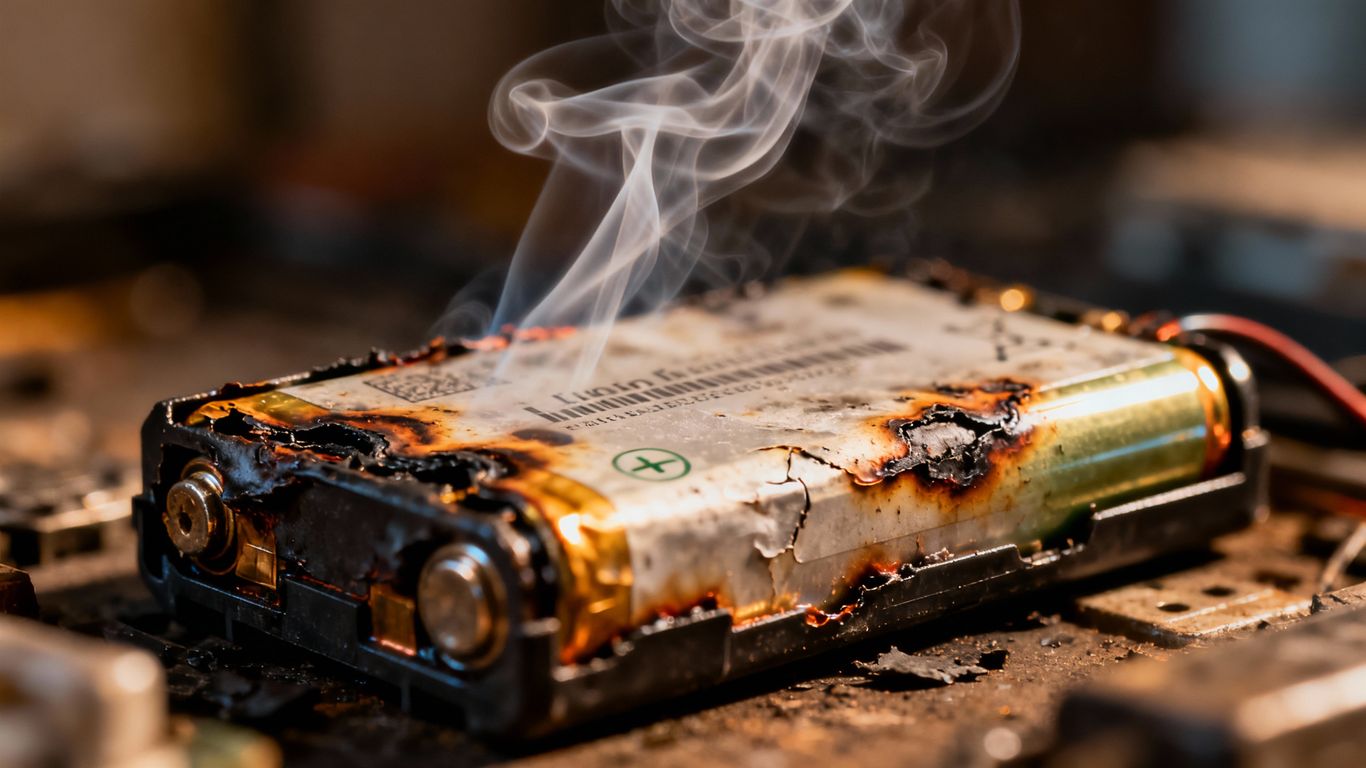
British Columbia is experiencing a significant increase in fires attributed to lithium-ion batteries, prompting urgent warnings from fire officials. These powerful batteries, found in everything from smartphones to electric vehicles, pose a growing risk when damaged, improperly charged, or modified. The trend highlights the need for greater public awareness and updated safety standards as the technology rapidly evolves.
Rechargeable batteries, particularly lithium-ion, are the source of a growing number of fires in British Columbia. The 2023 B.C. Office of the Fire Commissioner's report indicated that these batteries were responsible for 70 fires, resulting in $3.4 million in damages and four injuries. In Vancouver, a consistent year-over-year increase of 20% in battery-related fires has been observed over the past three years. Surrey has already recorded eight such fires in 2025, surpassing the total for the previous year.
Surrey Fire Chief Larry Thomas points to several common causes for these incidents. Modifications to chargers, the use of aftermarket chargers, or altering the battery's power profile (e.g., connecting batteries in series instead of parallel) can lead to overheating. This is particularly prevalent with e-scooters and e-bikes, where modifications can cause batteries to discharge faster than they can dissipate heat, leading to thermal runaway. Even seemingly minor damage, termed 'battery concussion,' can develop into a dangerous thermal event over time.
Fires also occur with more common devices like phones and laptops, especially when charging on combustible surfaces like bedding, which restricts airflow and heat dissipation. The improper installation of EV wall chargers, often due to unpermitted or amateur electrical work, is another significant risk factor. Using fast chargers not compatible with a home's electrical capacity can also lead to overheating of circuits.
Fire safety experts strongly advise adhering to several key practices to mitigate these risks:
As technology advances rapidly, safety standards are struggling to keep pace. The National Fire Protection Association (NFPA) emphasizes charging lithium-product devices only when someone is awake and present. The toxic gases emitted during thermal runaway can be lethal before a fire even ignites, underscoring the urgency of these precautions. While technology continues to evolve, responsible human behavior regarding the use and charging of these powerful batteries remains the most critical factor in preventing fires.